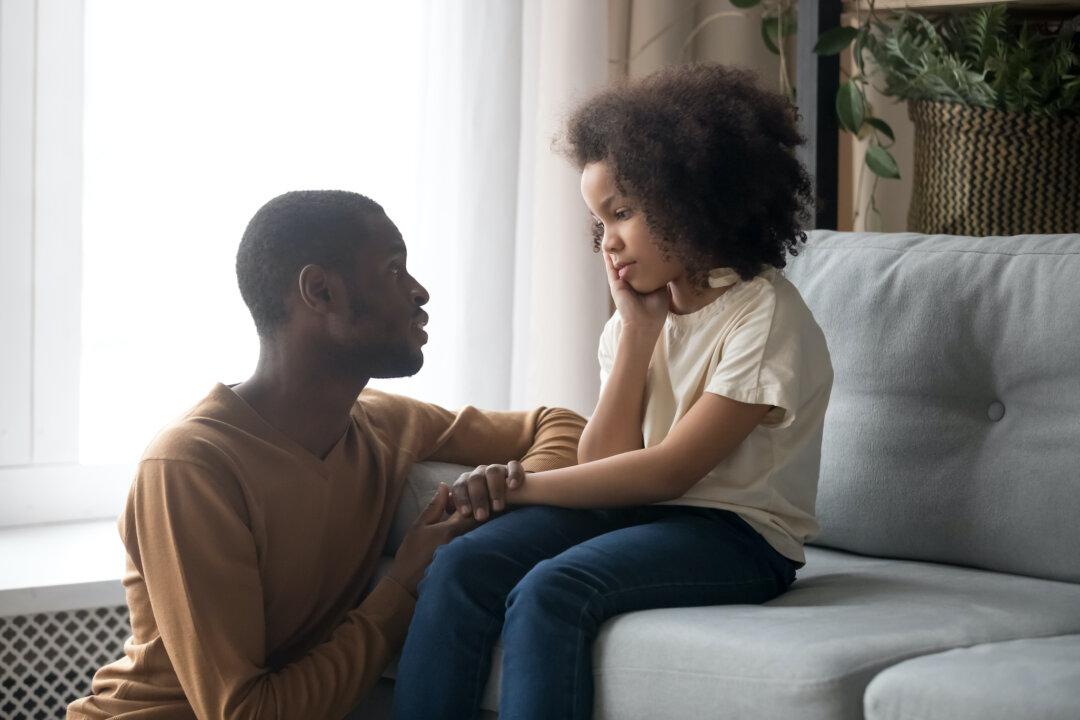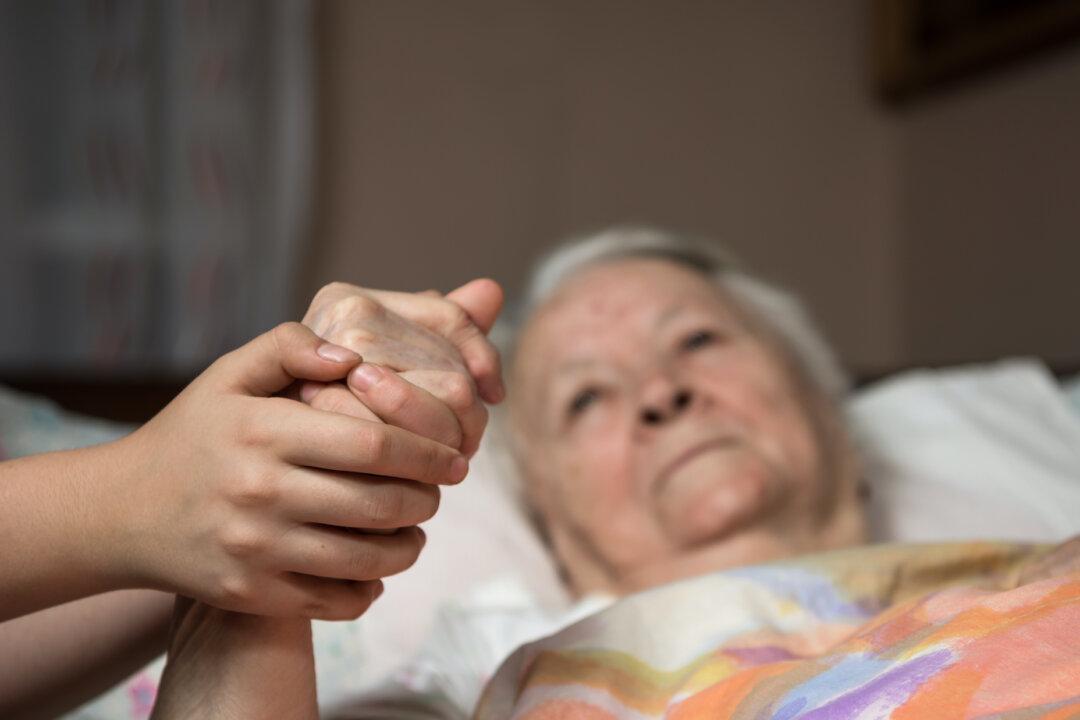Children are smart, intuitive, and great multi-taskers. My granddaughter, Emery, is now 10. She has this incredible ability to be completely engaged in homework, playing with her younger brother, or watching TV and with the wisdom that only a child can have will interject into a conversation of adults taking place in another room. She returns to her task without skipping a beat.
The adults look up and say, “Now, why didn’t I think of that,“ or, ”This is an adult conversation, we need to walk outside, sit in the car, lock the door, and then turn the music on to continue.” Well, not quite, but she does have ears like a moth, which is reported to have the best hearing in the world. She isn’t unique in this ability as her brothers, Baylon, 12, and Fisher, 6, display this at various times if they find the conversation interesting.






